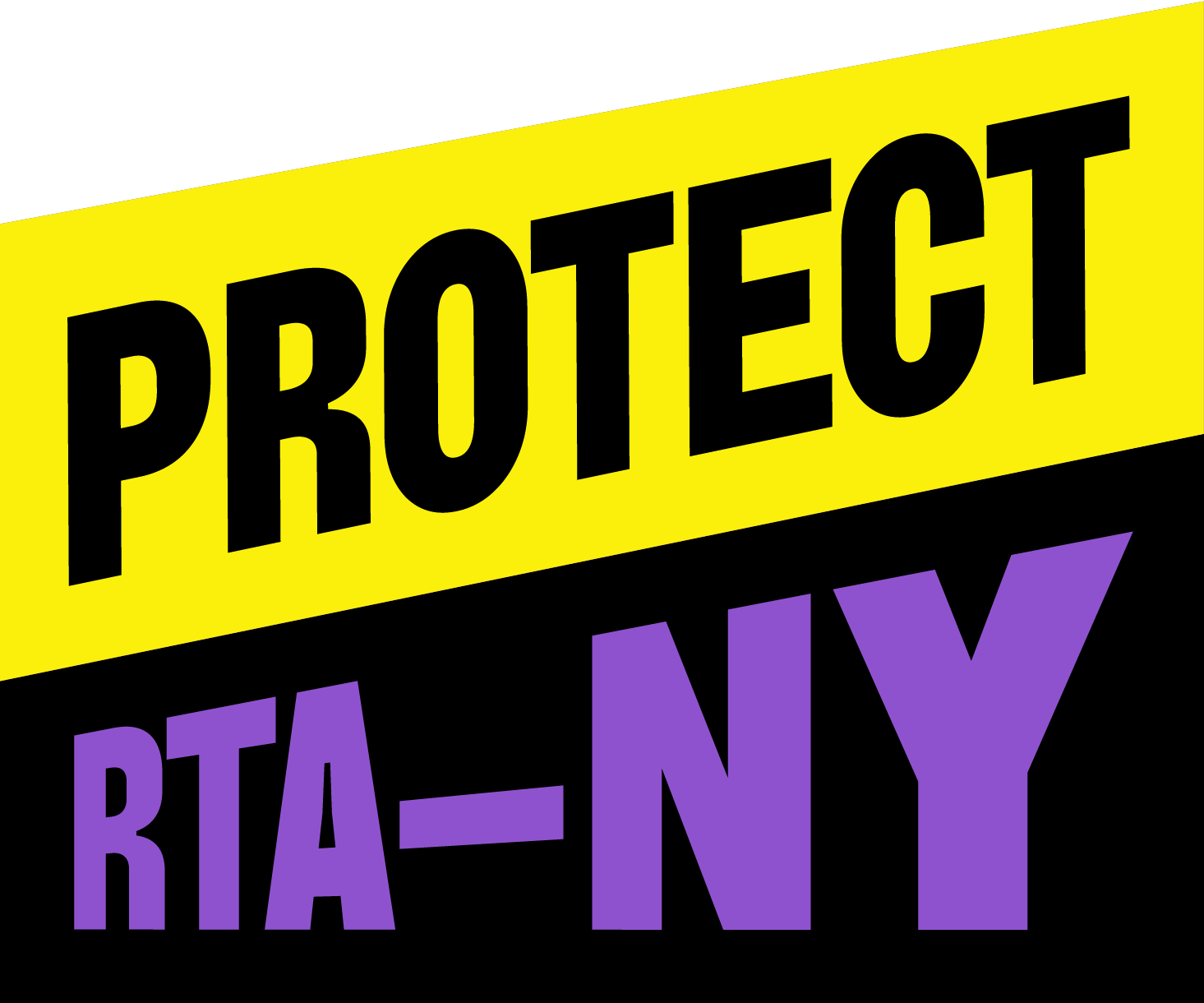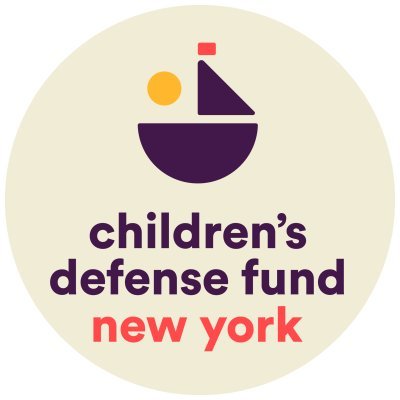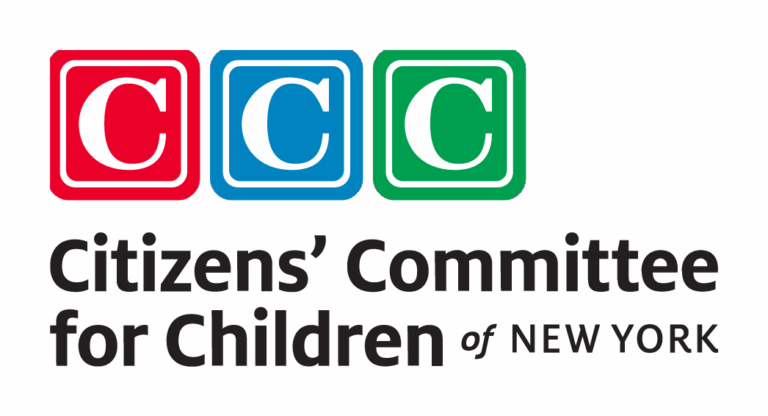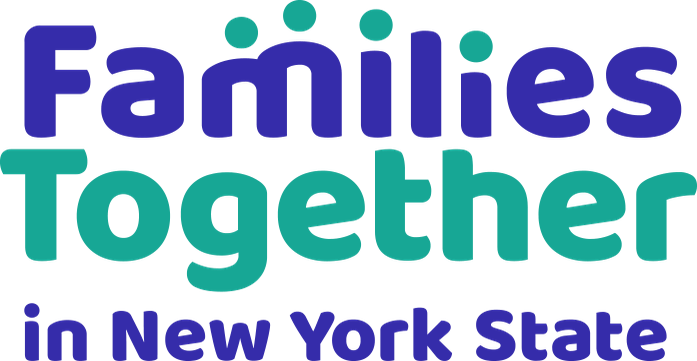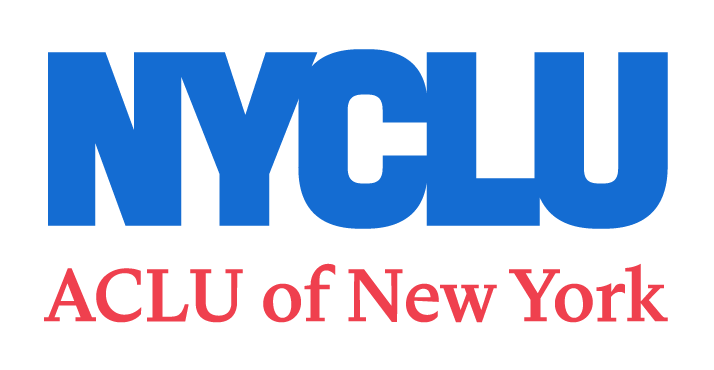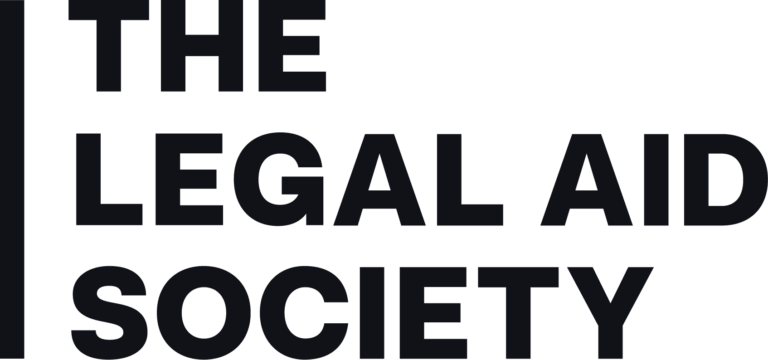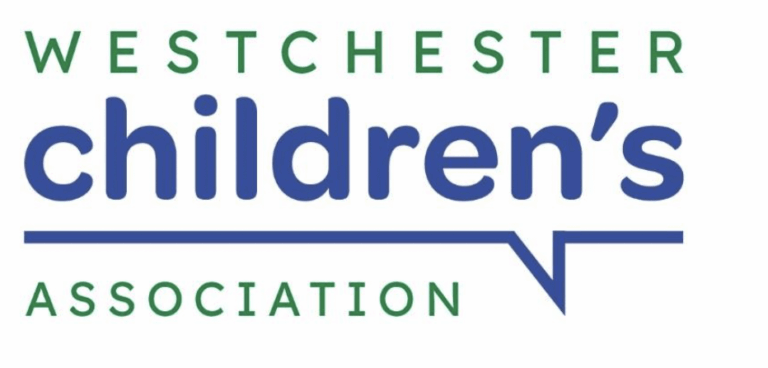About Us
Learn about RTA
The Raise the Age Coalition includes organizations from across New York, people with lived experience, child advocates, service providers, faith leaders, legal services groups, and unions. Together, they helped pass the Raise the Age law to end the practice of automatically charging all 16- and 17-year-olds as adults.
The moment was due in large part to the advocacy of formerly-incarcerated youth, their families, faith leaders, legal services professionals, direct service providers, unions, and others who made their voices heard over many years. We applaud Governor Cuomo, Assembly Speaker Heastie and members of the Assembly, the Senate Majority, Minority and Independent Democratic Caucus, and the Black, Puerto Rican, Hispanic and Asian Caucus for passing this historic legislation.
Today, we stand with allies from across the state who are moving youth justice forward. To achieve the best outcomes for adolescents and young adults, and to continue to promote genuine community safety for all New Yorkers, we must embrace a broad vision for youth justice.
The Campaign's Impact
The law made several major changes to the way New York State treats young people. As of October 1, 2019:
-
16- and 17-year-olds are no longer housed in adult jails
-
When 16- and 17-year-olds are arrested, their parents must be notified
-
When police question a 16- or 17-year-old, it must take place in an age-appropriate setting with parental involvement and for a limited period of time
-
All 16- and 17-year-olds charged with a misdemeanor (other than vehicular and traffic misdemeanors) now have their cases heard in the Family Court instead of the adult Criminal Court. In Family Court, their cases can be “adjusted”—resolved without the need to file a case
-
16- and 17-year-olds charged with a misdemeanor in Family Court will not be exposed to a permanent criminal record
-
16- and 17-year-olds charged with a felony now have their cases heard first in the new Youth Part of adult Criminal Court. Most felonies will transfer to the Family Court, where they may be adjusted and kept from entry on a permanent criminal record, unless the court finds “extraordinary circumstances.”
-
16- and 17-year-olds charged with allegedly displaying a deadly weapon, causing “significant injury,” or engaging in unlawful sexual conduct, will remain in the Youth Part of adult Criminal Court, unless the prosecutor consents to remove the case to Family Court
-
16- and 17-year-olds in the Youth Part of adult Criminal Court are now placed before a judge trained in adolescent development and family law
Member Organizations
Coordination Committee
Member Organizations
- #EndSystematicAbuse
- 100 Suits
- 211 New York Inc.
- 914United Inc
- Advocates for Children of New York
- Ali Forney Center
- Alianza for Opportunity
- Alliance for Quality Education
- Alliance for Rights and Recovery
- Alliance of Families for Justice
- Andrus
- Appellate Advocates
- Aspire Hope NY
- Astor Services
- At the Table
- Benjamin N. Cardozo School of Law
- Big Brothers Big Sisters of Erie, Niagara, and the Southern Tier
- Black Child Development Institute – New York State
- Black Diamonds Academic Success, Inc.
- Bravehearts M.O.V.E. NY
- Broadway Advocacy Coalition
- Bronx Connect
- BronxWorks
- Broome County Public Defender’s Office
- Bully Proof
- CAMBA Inc.
- Captain Derby’s Books
- Center for Appellate Litigation
- Center for Employment Opportunities
- Center for Family Representation
- Center for Justice Innovation
- Center for the Study of Social Policy
- Center on Race, Inequality, and the Law at NYU Law
- Chief Defenders Association of NY
- Children’s Aid
- Children’s Home Wyoming Conference
- Children’s Law Bureau-Legal Aid Society of Suffolk County, Inc.
- Children’s Rights
- Church of the Ascension, NYC
- Citizen Action of New York
- COFCCA
- Columbia Law School Criminal Defense Clinic, Morningside Heights Legal Services
- Community Connections for Youth
- Community for a Cause
- Community Service Society of New York
- Congregation Beth Elohim Dismantling Racism Team
- Correctional Association of New York
- CUNY School of Law Defenders Clinic
- CUNY School of Law Defenders Clinic
- Dare to Revitalize Education thru Arts & Mediation, Inc (DREAM!)
- Death Penalty and Criminal Defense Clinic, Benjamin N. Cardozo School of Law
- Decarcerate Tompkins County
- Dignity in Schools Campaign – NY
- District Council 9 Painters & Allied Trades
- Drive Change
- Dutchess County Public Defender
- EAC Network
- Educational Alliance
- End Prison Violence
- Equality New York
- Erie County Bar Association’s Assigned Counsel Program
- Erie County Restorative Justice Coalition
- Exodus Transitional Community
- Families & Friends of the Wrongfully Convicted
- Families On The Move of NYC, Inc.
- Families United 4 Change
- Family Law Practice Clinic, CUNY School of Law
- Family of Woodstock Inc.
- Family Resource Network, Inc
- Family Ties of Westchester
- Fearless Queens
- Fostering Youth Success Alliance
- FPWA
- Freedom Agenda
- G.E.M
- Genesee County Public Defender Office
- Girls for Gender Equity
- Good Call
- Good Life Philanthropic Youth Foundation
- Good Shepherds Services
- Grand Street Settlement
- Hamaspik of Kings County
- Healed When Heard Project
- Hour Children
- Hudson Link for Higher Education in Prison
- Human Rights and GenderJustice Clinic
- Human Rights for Kids
- Human Services Council
- Incarcerated Nation Network
- Innocence Project
- Institute for Transformative Mentoring
- InUnity Alliance
- IT COULD HAPPEN TO YOU
- Jacobi Hospital Stand Up to Violence Program
- Jails Action Coalition
- JCCA
- John Jay College Institute for Justice and Opportunity
- Justice For Families
- Justice for Families
- Justice Strikeforce
- Katal Center for Equity, Health, and Justice
- KAVI (Kings Against Violence Initiative)
- Lawyers For Children
- Lead By Example Reverse The Trend Inc
- Legal Aid Bureau of Buffalo, Inc.
- Legal Aid Society of Nassau County
- Legal Aid Society of Rockland County
- Legal Aid Society of Suffolk County
- Legal Aid Society of Westchester County
- Liberty Resources, Inc.
- Life Camp Inc.
- Literacy in Community (LINC)
- Little Flower Children and Family Services of New York
- Living Redemption Community Development Corporation
- Livingston County Public Defender
- Long Island Social Justice Action Network
- Long Island Strong School Alliance
- Make the Road New York
- Mental Health Association in NYS
- Metro Community Development Corporation
- Moms United For Black Lives NYC
- Monroe County Assigned Counsel Program
- Monroe County Public Defender’s Office
- My Sisters’ Place
- NAACP New Rochelle Branch
- NAACP New York State Conference
- NAMI Huntington
- NAMI- NYS
- Nassau County Legal Aid Society
- NASW-NY
- National Association of Criminal Defense Lawyers
- National Association of Social Workers New York City
- Neighborhood Benches, Inc.
- New Hour for Women and Children LI
- New York Civil Liberties Union
- New York County Defender Services
- New York Progressive Action Network
- New York State Association of Criminal Defense Lawyers
- New York State Coalition of Reentry Advocates
- New York State Council of Churches
- New York State Defenders Association
- New York Youth Support Program
- New Yorkers For Children
- North American Climate, Conservation and Environment (NACCE)
- NYC Family Policy Project
- NYCLU Capital Region
- NYS Alternatives to Incarceration and Reentry Coalition
- NYS American Academy of Pediatrics
- NYS Jails Justice Network
- Office of the Appellate Defender
- Office of the Public Advocate
- Onondaga County Assigned Counsel Program
- Ontario County Office of the Conflict Defender
- Ontario County Public Defender
- Osborne Association
- Parents Supporting Parents NY
- Parole Preparation Project
- Peaceprints of WNY
- Perlmutter Center for Legal Justice at Cardozo Law
- Poppy Muse Inc.
- Post-Conviction Innocence Clinic, New York Law School
- Pretrial Justice Institute
- Prison Library Support Network
- Prison Policy Initiative
- Prisoners Brain Trust
- Public Interest Resource Center at Fordham Law School
- Purpose Advisors
- Rise
- Rising Ground, Inc.
- Schuyler Center
- Scientist Action and Advocacy Network
- SCO Family of Services
- SEAT Center
- St. John’s Residence for Boys
- St. Paul’s Church
- Supportive Services for Children, INC
- Surveillance Technology Oversight Project
- Survivors Justice Project
- The Alternative to Economic and Housing Displacement Inc.
- The Breathe Collective
- The Brotherhood Sister Sol
- The Center for Appellate Litigation
- The Children’s Agenda
- The Children’s Village and Harlem Dowling
- The Children’s Law Center
- The Door
- The Fund for Modern Courts
- The Gathering for Justice
- The Gault Center: Defenders of Youth Rights
- The Jeffrey Deskovic Foundation for Justice
- The Legal Aid Society of Rochester
- The New York Foundling
- The Pillars of Promise
- The Public Science Project
- Tompkins County Assigned Counsel
- UAW Region 9A
- Unchained
- United Neighborhood Houses
- United Way of New York State
- Urban Justice Center
- Urban Youth Alliance International (BronxConnect)
- Vera Institute of Justice
- Visionary V Ministries
- Visions to Opportunity Inc
- VOCAL-NY
- VOICE Buffalo
- Wayne County Public Defender
- We Are Revolutionary
- We Build the Block
- WESPAC Foundation, Inc.
- Westchester for Change
- Women’s Prison Association
- Women’s Community Justice Association
- Wyoming County Public Defender’s Office
- YMCA of Greater New York
- Young New Yorkers, INC
- Young Urban Christians & Artists, Inc.
- Youth Justice Network
- Youth Law & Psychology Lab, John Jay College of Criminal Justice
- Youth Shelter Program of Westchester
- Zone 126
Join the Coalition
If you believe your organization would be a good fit for the campaign, we want to hear from you.
